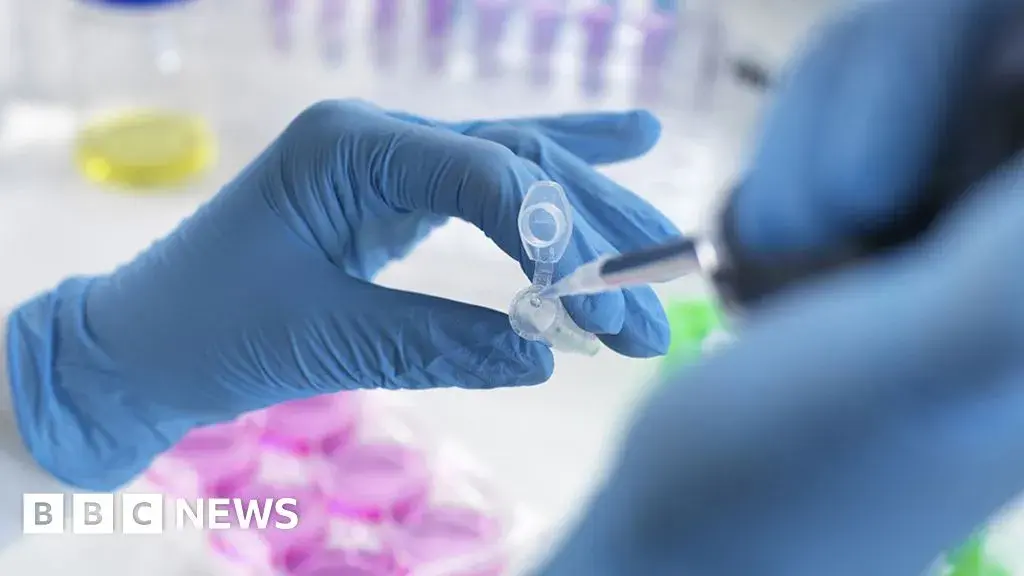- cross-posted to:
- science@lemmy.ml
- science@beehaw.org
- worldnews@lemmy.ml
- cross-posted to:
- science@lemmy.ml
- science@beehaw.org
- worldnews@lemmy.ml
The dark timeline: Why suppress abortions to create more workers when you can just create sub humans and never pay them a dime?
Having a hard time remembering the details but isn’t this a major plot point in A Brave New World?
Huge news! Very cool to see. Stem cells are wild, can’t wait to keep seeing all the awesome applications.
I am horrified and genuinely intrigued all at once by this.
I don’t understand how it is more ethical to create an embryo from a stem cell than to create one from a sperm and egg. Both are viable, neither is a person. How are they different?
(Keeping the stem cell version in vitro past the the age when it would need to implant isn’t really a solution/distinction because we can do the same thing with a sperm-and-egg version.)
Both are viable, neither is a person.
The Catholics would disagree with you on that one.
🤖 I’m a bot that provides automatic summaries for articles:
Click here to see the summary
The first weeks after a sperm fertilises an egg is a period of dramatic change - from a collection of indistinct cells to something that eventually becomes recognisable on a baby scan.
Instead of a sperm and egg, the starting material was naive stem cells - reprogrammed to gain the potential to become any type of tissue in the body.
Despite the late-night video call, I can hear the passion as Prof Hanna gives me a 3D tour of the “exquisitely fine architecture” of the embryo model.
The hope is embryo models can help scientists explain how different types of cell emerge, witness the earliest steps in building the body’s organs or understand inherited or genetic diseases.
There is even talk of improving in vitro fertilisation (IVF) success rates by helping to understand why some embryos fail or using the models to test whether medicines are safe during pregnancy.
Prof Alfonso Martinez Arias, from the department of experimental and health sciences at Pompeu Fabra University, said it was “a most important piece of research”.
Saved 79% of original text.





